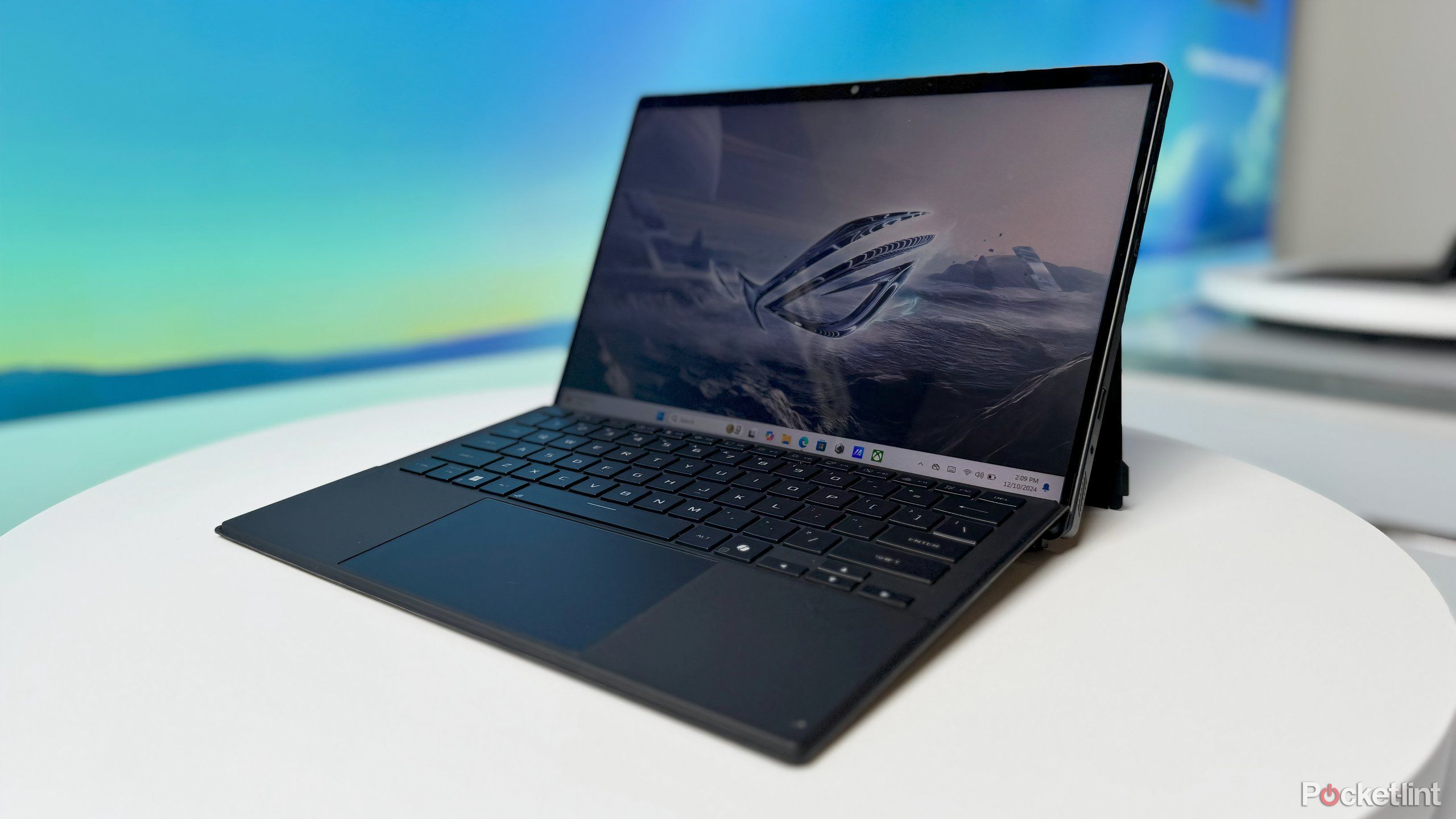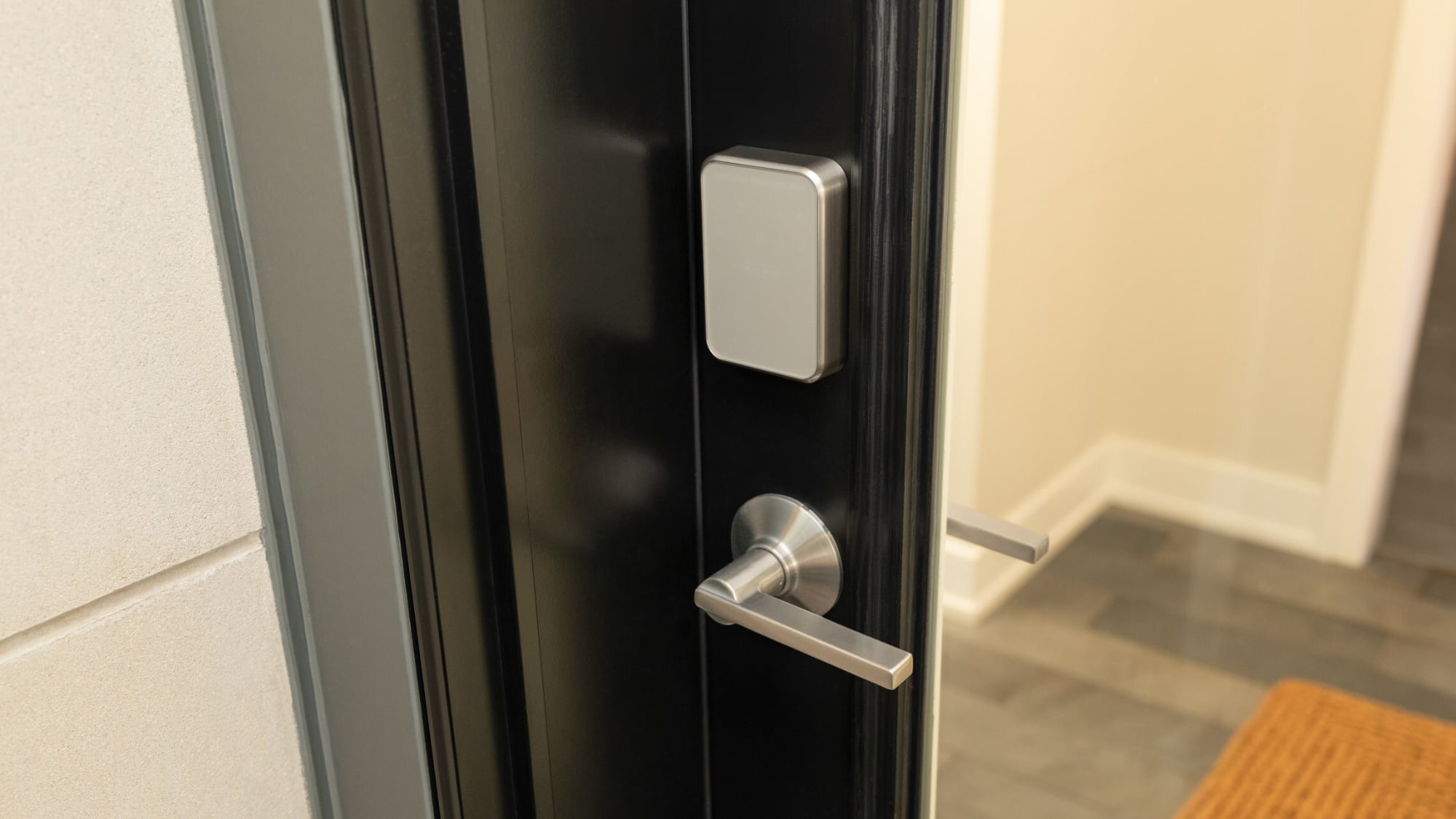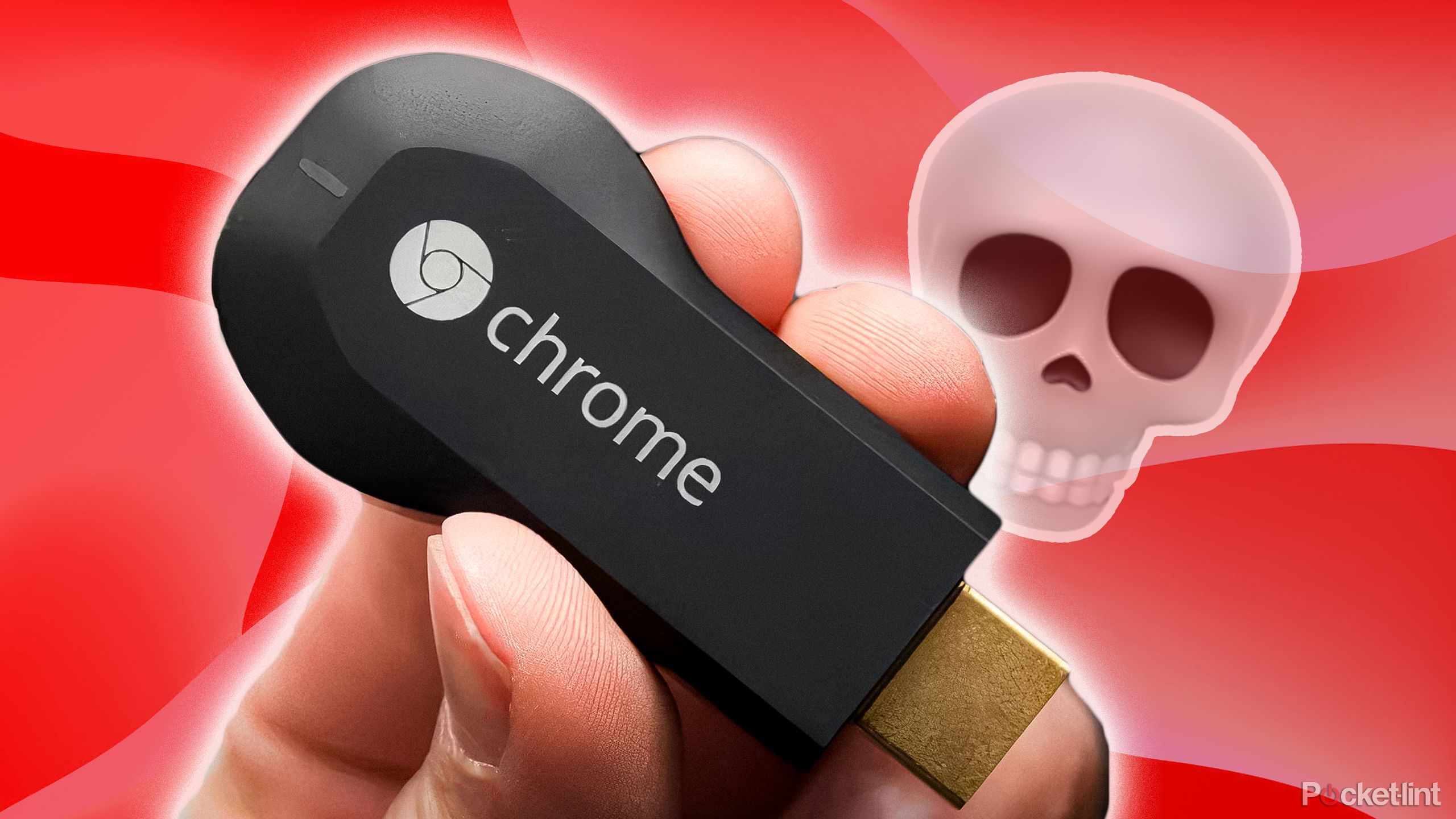It’s no surprise Sonos wants to make wireless soundbars – if it doesn’t, it’s doomed
Sonos CEO Patrick Spence has said that he’s hoping the company’s soundbars can be even more wireless in the future, dropping even the HDMI connection to the TV. At the launch event for the Sonos Era 100 and Era 300, Spence told Digital Trends, “I’ve been pushing the team for a long time – I don’t want a wire to the soundbar at all. Let’s make it even easier.”
This is the first time we’ve had such an explicit comment from the company on the subject, and it’s not a surprise that it’s being actively pushed from the top, because almost all the best soundbars will be wireless in the future, and not in a “maybe in 10 years time” kind of way. The first ones are here now – many of the best Samsung TVs available today can wirelessly send Dolby Atmos sound to compatible Samsung soundbars, meaning you don’t have to use an HDMI port to get better audio.
LG and Sony currently both have products that can send audio wirelessly to soundbars, but they’re dongles that still connect to an HDMI port. With Sony, it’s the Sony HT-A9 wireless speaker system; with LG, you can get an optional Wowcast dongle that beams audio to many of its soundbars, including the LG S95QR. I’ve also heard hints that LG is likely to launch a system like Samsung’s, where Wowcast is built into its TVs, but that’s not officially confirmed in any way.
The Sony HT-A9 wireless speakers connect to a little HDMI adapter wirelessly. (Image credit: TechRadar)
But you can maybe already see the problem Sonos has with going wireless – in these cases, we’re talking about having a TV and soundbar from the same manufacturer, because the wireless transmission tech will be custom in each case. HDMI is an open, neutral standard that anyone can use, but it won’t be used for wireless soundbars. Companies will see going wireless as the ideal way to get you to spend more money with them specifically – if you want the cable-free connection, you’ll have to buy their extra product.
There is actually wireless TV audio tech out there where the soundbar maker doesn’t need to have made the TV as well… but often it’s still all about the lock-in. It’s just about who made the TV software instead of who made the TV hardware. Roku makes wireless speakers that work with any Roku TV, because its smart TV system controls the sound. Or, you can use two HomePod 2 speakers as a Dolby Atmos system when they’re connected to an Apple TV 4K (2022), running Apple’s tvOS software.
(This is where I note that there is a standard for wireless home theater audio, called WiSA, but it has little industry support, and I don’t see that changing. Similar, DTS’ Play:Fi tech is also available in products from Philips, but that is unlikely to ever support Dolby Atmos, so its widespread appeal is limited.)
Sonos no OS
So where does that leave Sonos? It doesn’t make TVs, and I can’t see that changing (it’s a tough industry). It could make its own smart TV operating system – and reportedly has been working on exactly that – but I think it’s already missed its opportunity there. It would have to compete with Roku TV, Amazon Fire TV, Google TV and LG’s webOS, all of which are available for TVs to use. Sonos isn’t going to outmuscle them.
But it has to do something, because it will only get more and more elbowed out over time if it doesn’t.
I think Sonos needs to do one of two things: it needs a big-name partner in the TV world; or it needs go wireless early, and make having Sonos compatibility a selling point for TV systems.
The most extreme version of the first option is that Sonos either buys, or is bought by, a company with a smart TV stake, but it could just be more of a strategic partnership. Sonos would find itself a big potential audience by offering compatibility with all the TVs that use a particular smart TV system. Google would be ideal in some ways, though the two companies have been having patent battles. Roku might be a more realistic option.
Roku makes wireless speakers that connect to any Roku TV, no matter who made it (Image credit: Roku)
The second option would require Sonos to launch wireless soundbars as soon as possible, which would mean using a wireless HDMI dongle initially. Get people thinking that wireless soundbars means Sonos, in the same way that the company became synonymous with multi-room music systems.
The point would be to then offer to work with the various TV companies (and smart TV software makers) to add built-in wireless support for Sonos soundbars, because not having this support would make a TV manufacturer look behind the times, even if it supports its own wireless soundbars.
Don’t do a BlackBerry
Sonos isn’t about to go out of business overnight if it doesn’t launch a wireless soundbar. But the danger is that Sonos gets left so far behind by its rivals that it’s unable to make up the ground, and slow decline becomes inevitable.
BlackBerry still exists, let’s not forget, but it’ll never be what it was, or what it could’ve been if the company had recognized the arrival iPhone as the danger that it was.
It’s a great sign that Sonos is talking about a wireless future, but we won’t know whether it’s made the right decisions until years from now, when either loads of people are buying wireless Sonos gear to pair with the best TVs of 2029, or it’s only selling wired products to people with older sets.






